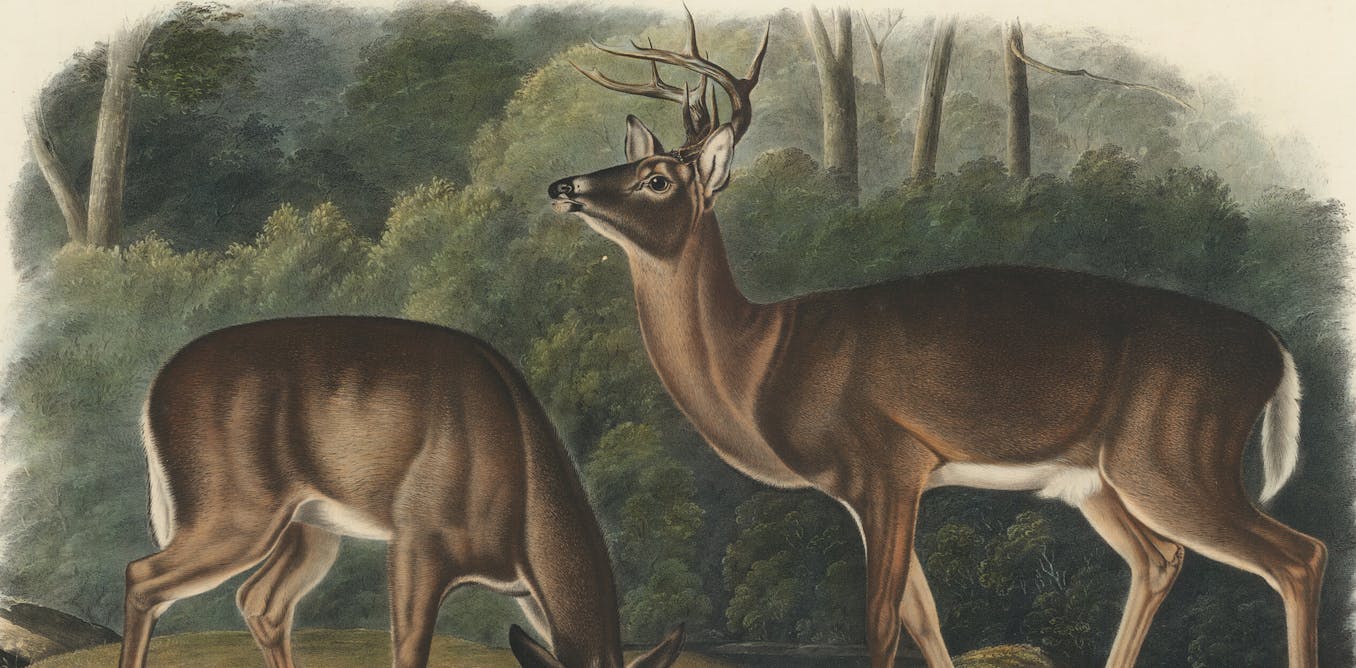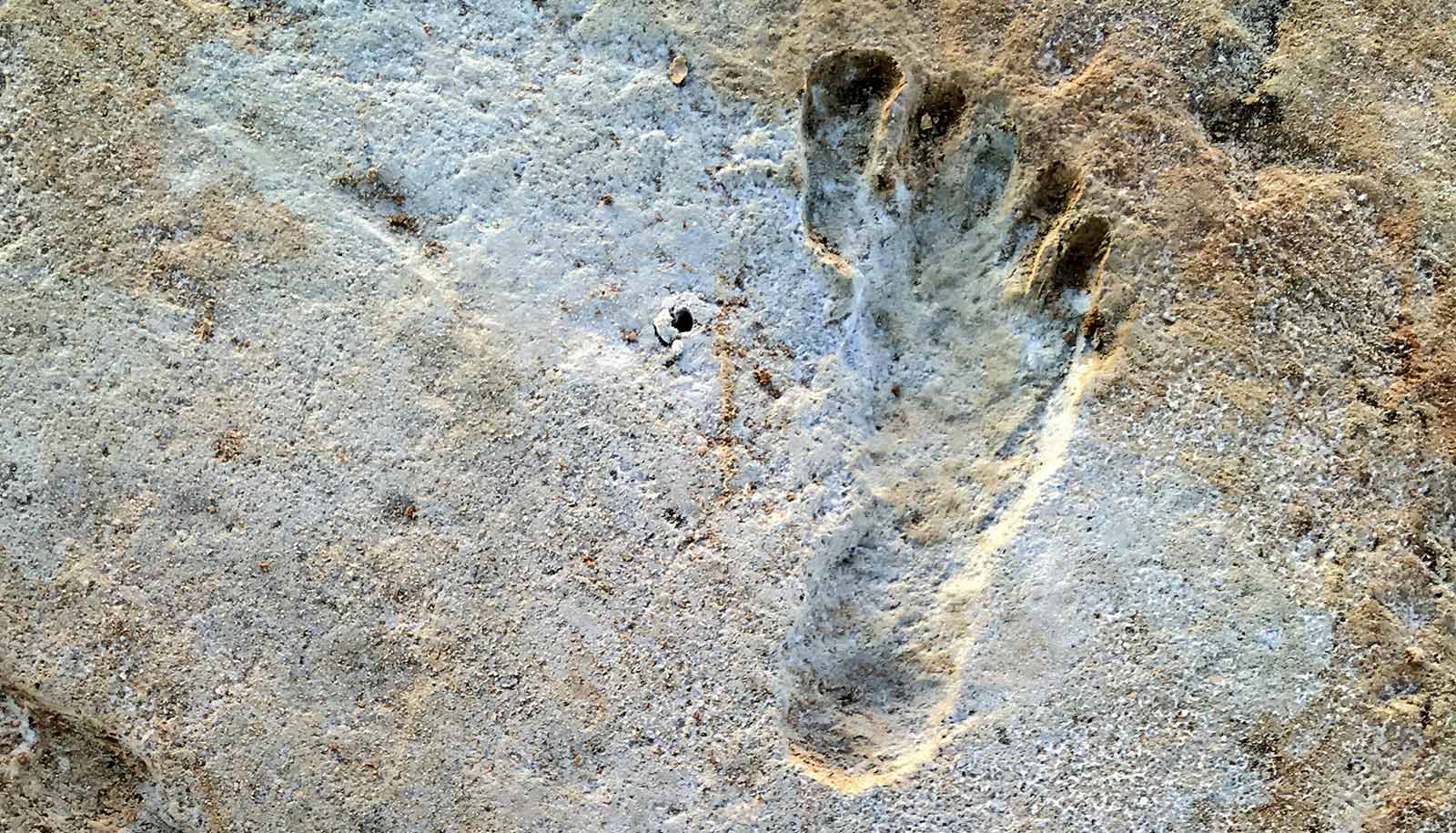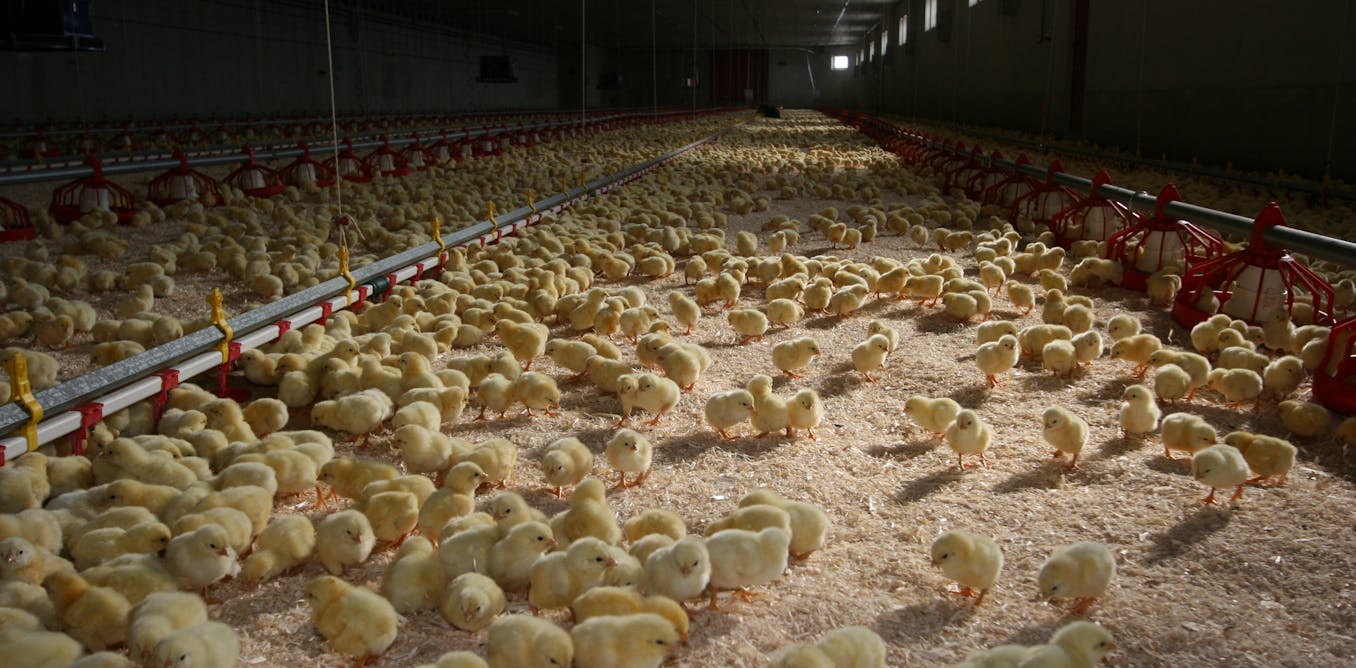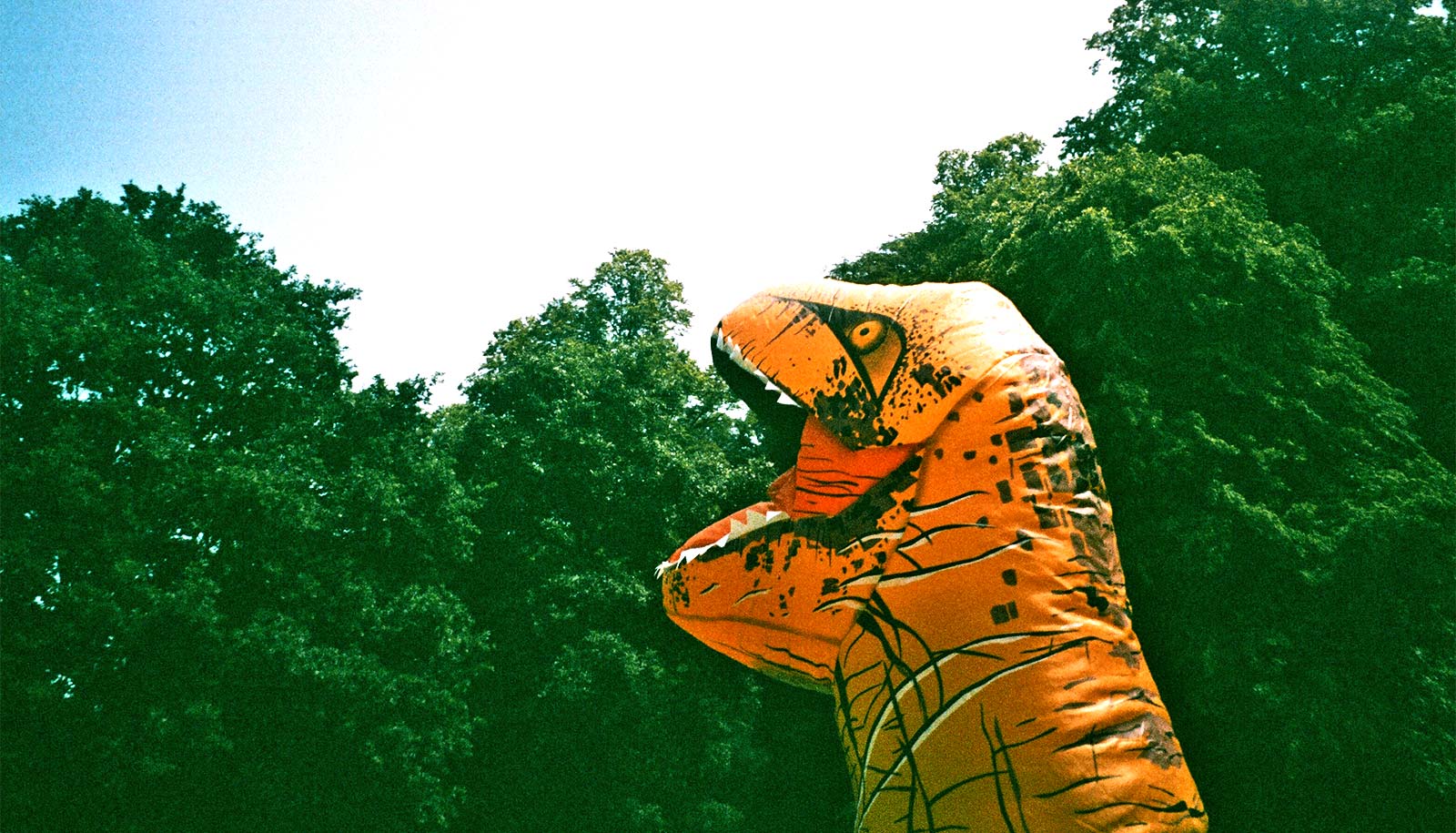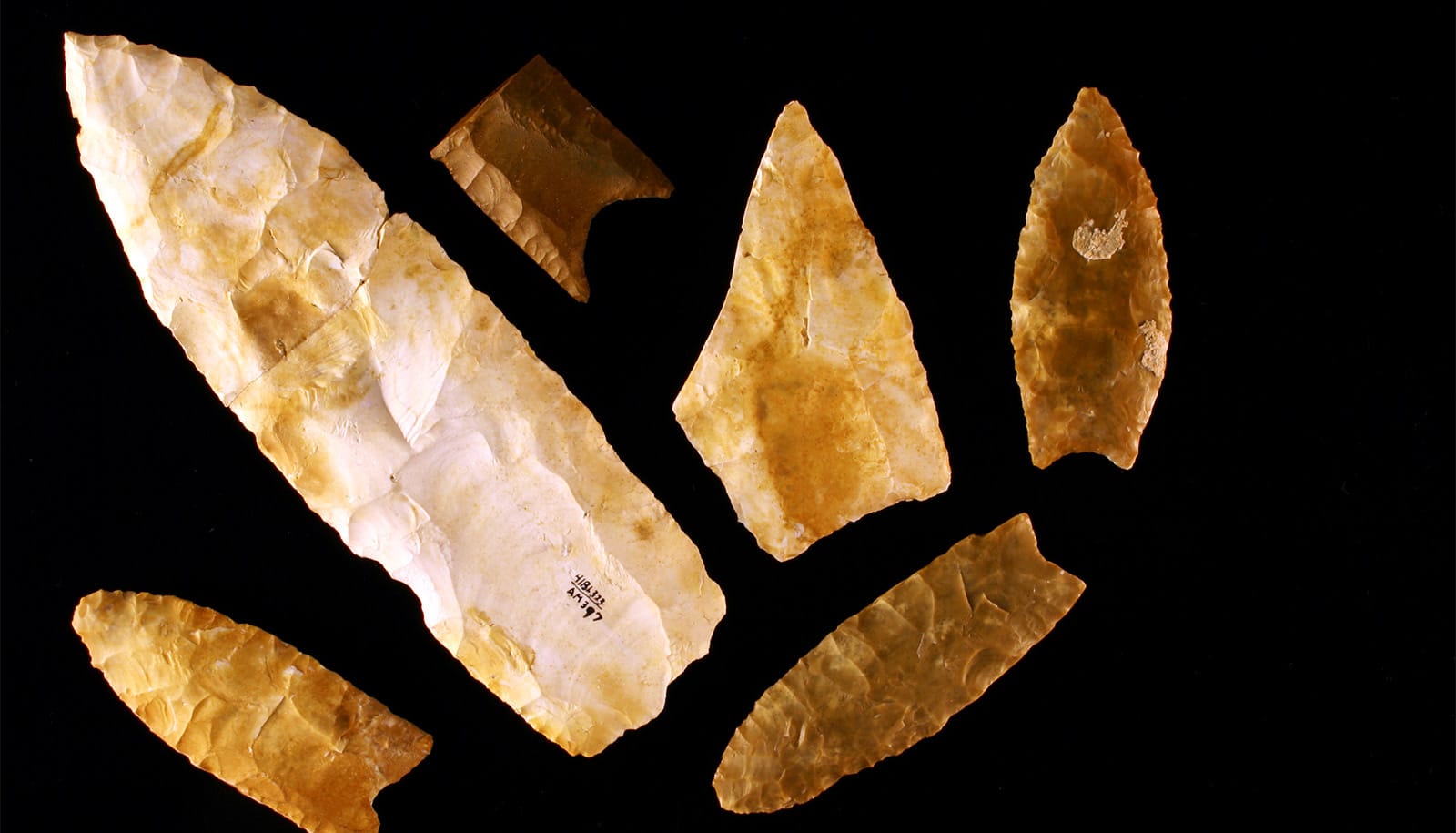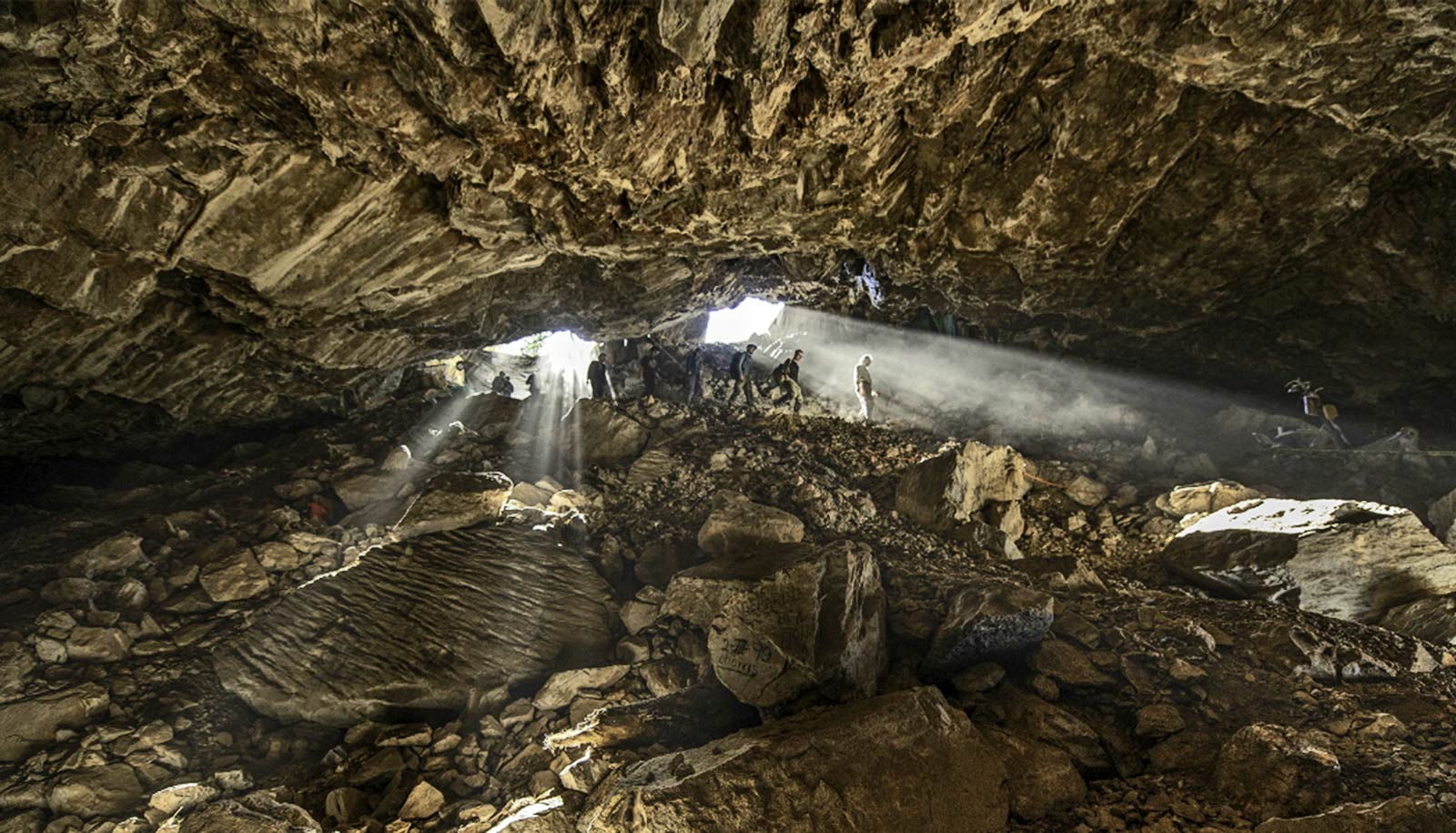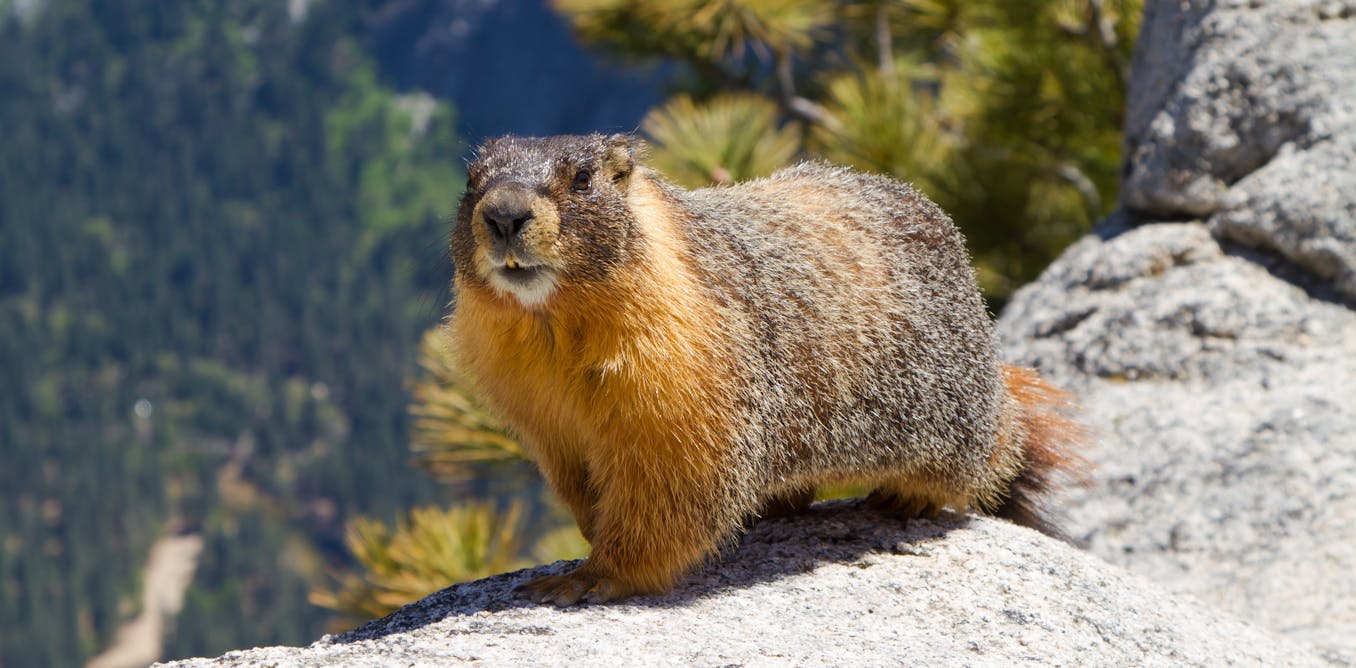The rise and fall – and rise again – of white-tailed deer
A new archaeological study finds early evidence of white-tailed deer declines in the 17th century, likely driven by the commodification of deerskins under colonial capitalism.
May 29, 2025 • ~8 min

